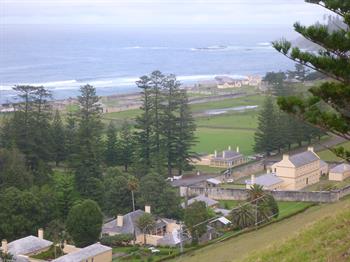 PECIAL INTEREST TOURISM - Travelling to pursue a passion or interest
PECIAL INTEREST TOURISM - Travelling to pursue a passion or interest
Develops your ability to manage different types of travel products, with a particular focus on special interest tourism. This course builds an understanding of opportunities in such things as business tourism, festival tourism, cultural tourism, environmental tourism, tourism for certain age groups, etc.
Gain an understanding and appreciation of:
Student Comment (M. Soares, Angola):
"This has given me insights into world wide tourism, and it helps me to understand how we can develop our tourism without too much damage."